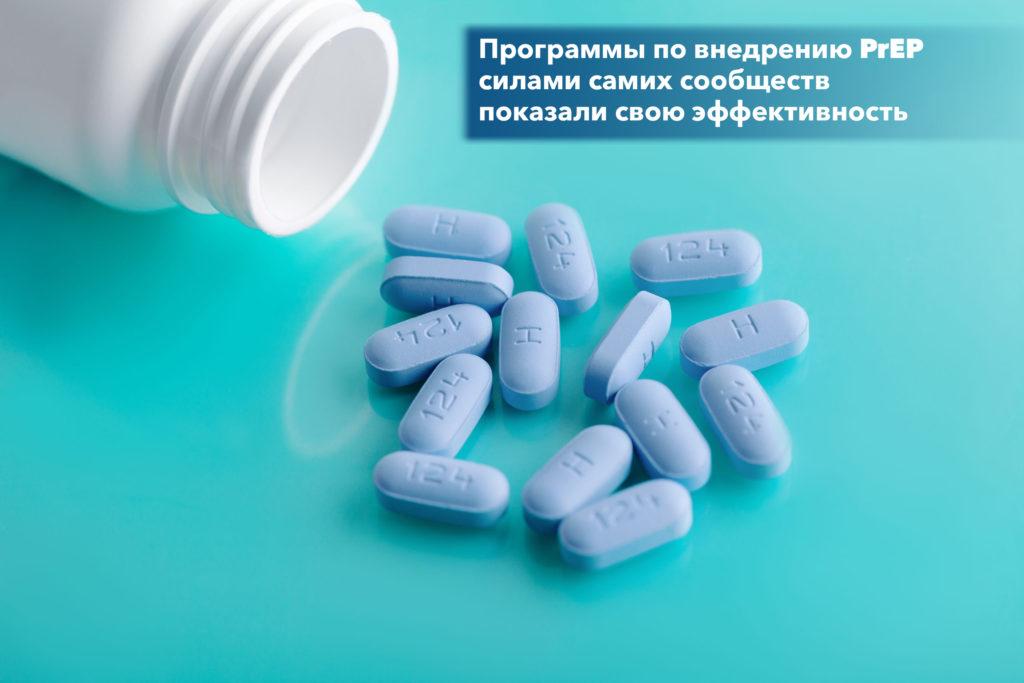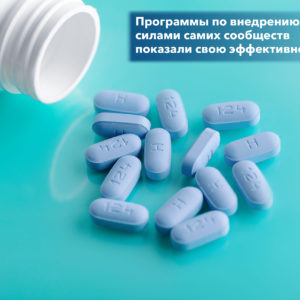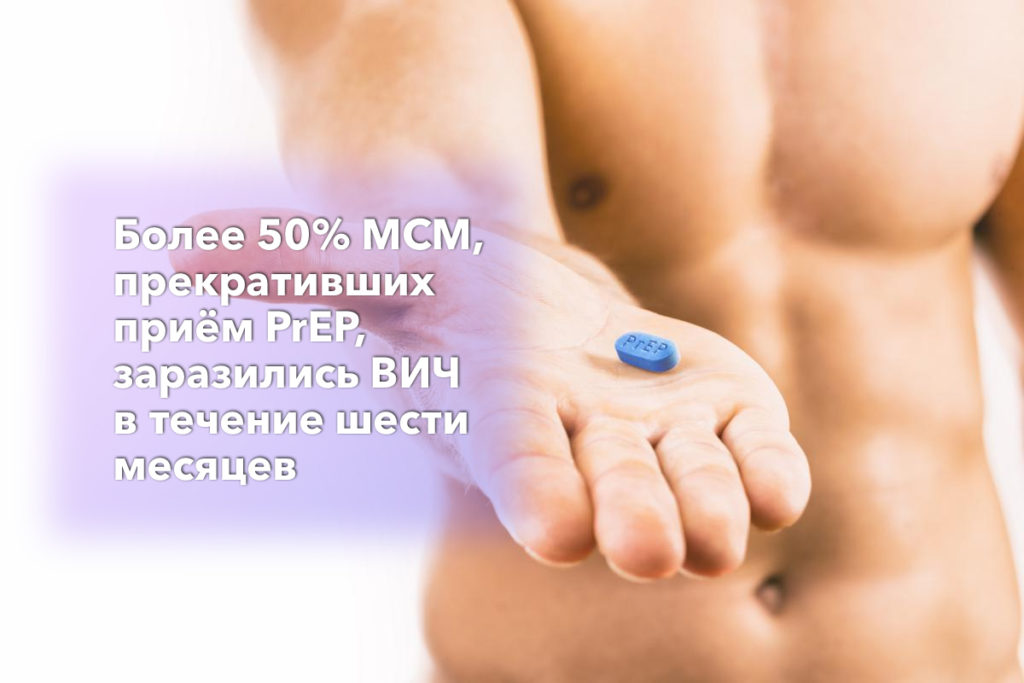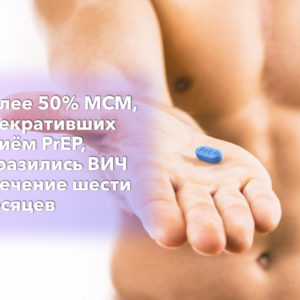HIV pre-exposure prophylaxis or PrEP, the use of drugs to prevent HIV infection, among men who have sex with men can significantly reduce new infections across an entire population of men, a new study finds.
Based on introduction of the intervention, HIV infections diagnosed in men who have sex with men in the Australian state of New South Wales fell by a quarter — 25.1% — in one year in the research, published Wednesday in the journal the Lancet.
Diagnoses fell from from 295 in October 2016, before the study, to 221 just 12 months after the PrEP rollout — the lowest number since HIV surveillance started in New South Wales in 1985.
„The speed and magnitude of response was remarkable,” said Andrew Grulich, lead author of the paper and professor of the HIV epidemiology and prevention program at the Kirby Institute in the University of New South Wales.
Grulich believes that the large decline is because PrEP „is acting in a similar way to a vaccine,” meaning herd immunity has led to fewer people becoming infected overall in the state of 7 million.
University College London professor of cellular and molecular virology Ariberto Fassati, who was not involved in the new research, explained that there is a „benefit for the larger community if there is a core of individuals that are taking PrEP.”
In the study, 3,700 HIV-negative homosexual and bisexual men across 21 clinics in New South Wales were prescribed a daily dose of PrEP, followed up with HIV tests over one year.
HIV PrEP is made up of the drugs tenofovir and emtricitabine, taken before sex, and prevents people from becoming infected with HIV. For this study, the participants were prescribed 300 milligrams of tenofovir disoproxil dumarate and 200 milligrams of emtricitabine.
Only two of the 3,700 men were diagnosed as HIV-positive after the study; both were not adherent to the preventive treatment, according to the study.
The expected occurrence rate of HIV for this high-risk population in the absence of PrEP is at least 2 per 100 people.
The researchers identified men to be at high risk if they engaged in anal intercourse without condoms with casual partners of HIV-positive or unknown status, if they had a sexually transmitted infection such as rectal chlamydia or gonorrhea, if they used crystal methamphetamine or if they engaged in unprotected anal intercourse with a HIV-positive partner who isn’t on treatment.
Statewide, the authors found 25% fewer HIV diagnoses after PrEP rollout. Recent cases, infections likely to have been acquired within the previous 12 months, were reported as 149 before the study and declined to 102, a 31.5% drop.
Declines were reported across all ages. The groups that saw the most rapid downturn were Australian-born men, those over 45 and men living in gay neighborhoods in Sydney.
Will Nutland, honorary professor at the London School of Hygiene & Tropical Medicine and PrEP activist, said the findings „confirmed what we already suspected.”
„It is exciting but not surprising,” said Nutland, who was not involved in the study.
Previous studies have proved the efficacy of PrEP.
French and Canadian research showed effectiveness levels of 86% during daily or intermittent PrEP courses, with only men who were non-adherent becoming infected with HIV. San Francisco witnessed a 50% decline of HIV diagnoses between 2012 and 2016, after PrEP was introduced.
The new study had a wider and faster reach. Grulich’s team used mathematical models to calculate the effects of the preventive drug on entire populations. „If you introduce PrEP rapidly and target it to high-risk people, you get a rapid reduction in HIV,” he said.
But Nutland said it is hard to „unpick the direct impact with PrEP compared to other HIV prevention methods.” Early interventions for HIV-positive patients, like treatment as prevention — which reduce the virus’ presence to an undetectable and therefore untransmittable level — make it impossible for a HIV-positive person to pass on the virus.
Fassati said it would be helpful to see a long-term analysis of PrEP’s effect on populations. He also would like to see the results replicated in communities that are not so adherent or motivated, as PrEP’s effectiveness is much reduced if it is not taken regularly.
PrEP has been introduced in several countries. England offers the preventive treatment for men who have sex with men in its National Health Service. But there has been some pushback due to claims that it would encourage sex without a condom.
Another problem some men face is the cost of the drug. „If PrEP can be provided in a target way, high coverage rate, for free and easily accessible in clinics, then this removes some of the barriers of accessing PrEP, as we have seen in the USA,” Nutland noted.
The preventive regimen can have short-term side effects such as stomach and headaches, and in the longer term, it could lead to kidney toxicity. Another effect of the drug, as PrEP user Nutland has described it, is a reduction in fear and anxiety over having sex. „It makes our collective sex lives way better than they has ever been,” he said.
The new study is „another reminder is that PrEP works,” Nutland said, „and this should galvanize our policy-makers and politicians to make PrEP available for those who need it most, as soon as possible.”
- Toate
- Ro
- Ru
















